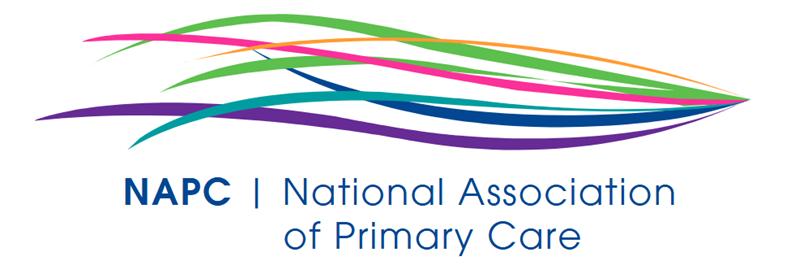What are cookies?
A cookie is a tiny file that is saved by your browser when you visit a website. It enables certain information about your visit to be stored by the site.
Some of these cookies are essential in order for a website to run as you expect it to (for example, placing an item in a shopping basket) while others allow us to provide you with a better service (for example, understanding what content is most popular, to provide you more of the same).
Our cookie policy
We understand you need to reach the most relevant information quickly and easily. So, our main aim of using cookies is to provide you with the most optimised 'user experience' possible.
We use cookies to help you navigate the website efficiently and perform certain functions. For example, cookies allow us to remember your log in details to save you from having to type their username and password every time they visit us, or move from page to page.
Our website analytics tool uses cookies in order to analyse how, when and where visitors use our websites, but this information is not tied to personally identifiable information. We only use this data to improve your experience. For example, we are able to find out what the most popular content is each week, and update our homepage to reflect that current interest.
We currently operate an 'implied consent' policy. This means that we assume you agree with the usage of our cookies. If you do not agree, we have provided guidance to help you to alter your browser settings to match the level of privacy you require (see ‘How to manage cookies via your browser settings’ section below).
For members and registered users of our website, if your cookies aren't enabled on your computer, it will mean that your experience when logged in to our website will be limited to browsing (for example, you won't be able to add products to your basket and buy them).
For more details about cookies, and how to manage your browser settings www.aboutcookies.org
GDPR Reliance on the provisions of Article 6
This site is a knowledgebase for the use of professionals engaged in Healthcare or Adult Social Care.
The express purpose of this site is Public Interest in keeping readers and subscribers up to date on critical information relating to the Care Quality Commission (CQC) requirements which continue to change rapidly, and non-compliance will put Licenced Providers at serious risk.
everythingCQC aims to simplify the complex requirements issued by the CQC and assist the professional in understanding the exact requirements and solutions that meet these requirements. Large parts of this knowledgebase together with official documents are published free of charge as part of our Public Interest policy and aim.
Information processed by us falls in the category of Lawfulness of processing under Article 6 of GDPR, and specifically in adherence exemptions including but not limited to the following:-
- Where you have given consent to the processing of your personal data for one or more specific purposes
- Where processing is necessary for the performance of a contract such as purchase of products and services
- Where processing is necessary for compliance with a legal obligation to which we may have been subject
- Where processing is necessary for the performance of our stated aims as a public interest knowledgebase for CQC and other regulatory requirements; dissemination of such knowledge and alerts; regulatory solutions offerings; and professional advice related thereto.
The General Data Protection Regulation (GDPR) (EU) 2016/679
Article 6: Lawfulness of processing
- 1. Processing shall be lawful only if and to the extent that at least one of the following applies:
(the data subject has given consent to the processing of his or her personal data for one or more specific purposes;
- processing is necessary for the performance of a contract to which the data subject is party or in order to take steps at the request of the data subject prior to entering into a contract;
- processing is necessary for compliance with a legal obligation to which the controller is subject;
- processing is necessary in order to protect the vital interests of the data subject or of another natural person;
- processing is necessary for the performance of a task carried out in the public interest or in the exercise of official authority vested in the controller;
- processing is necessary for the purposes of the legitimate interests pursued by the controller or by a third party, except where such interests are overridden by the interests or fundamental rights and freedoms of the data subject which require protection of personal data, in particular where the data subject is a child.

